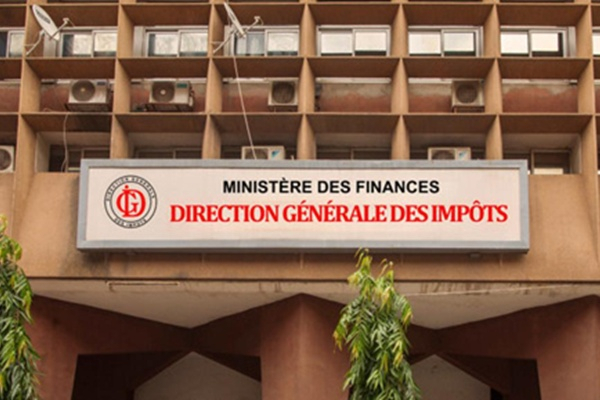Highlights:
• Tax breaks for mining, oil and industry cost over 3% of GDP in 2023
• Exemptions absorb 75% of lost revenue, but jobs grew just 3% in 2024
• World Bank urges targeted incentives, more transparency and efficiency
The Democratic Republic of Congo (DRC) grants significant tax exemptions to the mining, oil and industrial sectors, but their impact on employment remains limited, according to the World Bank’s report “Reassessing Tax Incentives – Far from the Promised Growth and Equity” published at the end of July 2025.
The report estimates that tax expenditures, mainly from corporate income tax (CIT) and value-added tax (VAT) exemptions, accounted for over 75% of lost public revenue. In 2023, they represented 1.6% of GDP for the mining sector, 1.5% for oil and 0.7% for industry. By contrast, employment grew only 3% in 2024, with the labor market still dominated by informality and insecurity.
Although the DRC’s corporate tax rate of 30% is above the African average of 28%, the country offers temporary exemptions of three to five years in certain economic zones, coupled with customs and tax benefits. But the World Bank warns that these schemes are “often poorly targeted and profit-based,” distorting investment choices and even encouraging companies to delay projects until exemption periods expire.
Instead, the institution recommends replacing broad exemptions with targeted measures such as accelerated depreciation, while broadening the tax base and ensuring greater transparency. It further calls for rationalizing tax expenditure, harmonizing rates and strengthening budget analysis to enhance efficiency, equity and domestic revenue mobilization.
Ronsard Luabeya










